
Policy Radar April 2019
Beginning of a New Era The Current Diet session will last until June 26th, 2019, which will include the change

Beginning of a New Era The Current Diet session will last until June 26th, 2019, which will include the change

Casino legislation has just passed in the most recent Diet session. Now the bureaucrats must finalize the contents of the basic Integrated Resorts (IRs) regulations.

Welcome to Policy Radar! This is Langley Esquire’s new initiative to deliver up-to-date information on political developments in the Japanese

Election alert: double election in Osaka. As Japan gets ready for the unified local elections, Osaka sees prefecture Governor Matsui

Timothy Langley shares his experience and insights of working as Diet Secretary under Taro Nakayama.
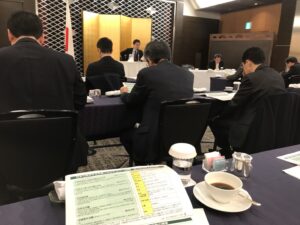
2月28日神田憲次衆議院議員のセミナーに参加しました。講師は青木孝德内閣官房審議官。テーマは外国人材受け入れについて。在留外国人や外国人労働者の現状と新たな外国人材受け入れ制度について詳細な説明がありました。日本全国各地で深刻な人手不足であることがわかりました。 We assisted Kenji Kanda’s morning seminar on the effects of the newly reformed immigration law and the acceptance of
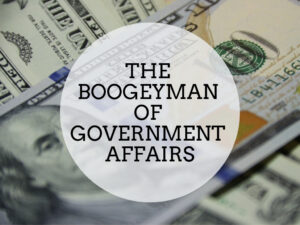
Government Affairs Best Practices in Japan The Foreign Corrupt Practices Act (FCPA) is a U.S. bill passed in 1977, designed
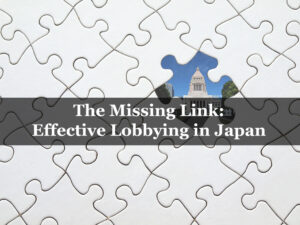
An in-depth view on how to achieve effective lobbying in Japan.
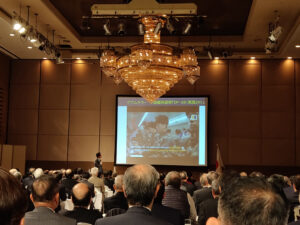
Langley Esquire’s team attended a seminar hosted by Vice Foreign Minister Masahisa Sato on February 12th, 2019. Rep. Sato gave

The Diet session convened just a few days ago, on January 28th, 2019. It will see only 58 Cabinet-sponsored bills
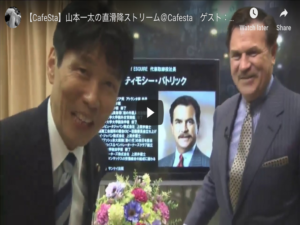
Throwback at when Timothy Langley met with Councillor Yamamoto Ichita, at the LDP’s headquarters, where they discussed their ties going

David and Timothy dive into the inner workings of lobbying in Japan. Learn how foreign firms can achieve results through advocacy.
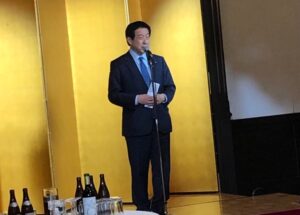
On February 28th, the Langley Esquire team attended a welcome party for the Lee Kuan Yew School of Public Policy, a postgraduate program at the National University of Singapore. The school is famous for teaching international students, particularly those from the Association of Southeast Asian Nations (ASEAN), in fields such as politics, NGOs/NPOs and journalism.

What is on the horizon for prime minister Abe and his LDP party this year? Will he be able to

Talking to and within the Japanese Government is a much different process than foreign corporate entities understand. In this video